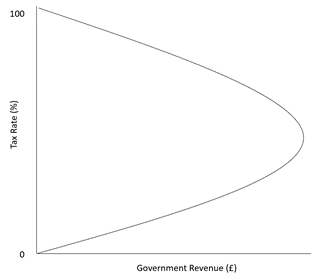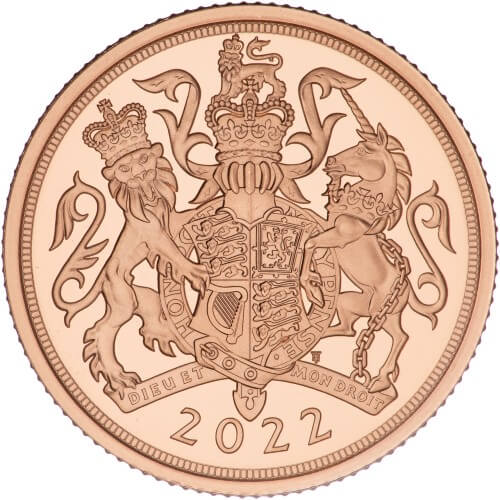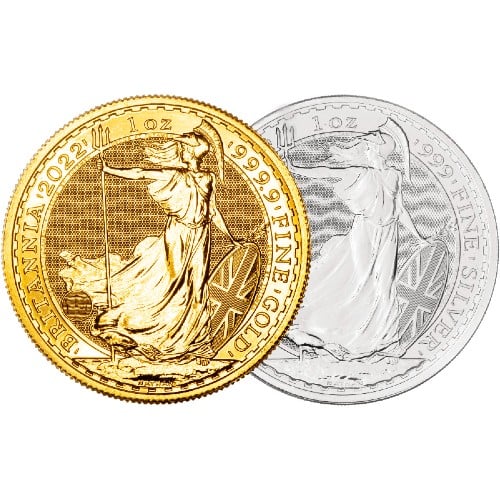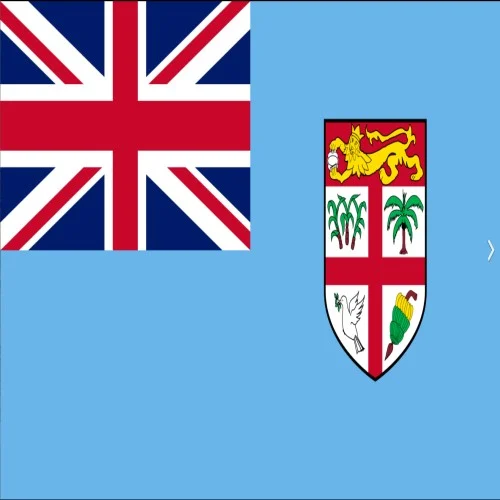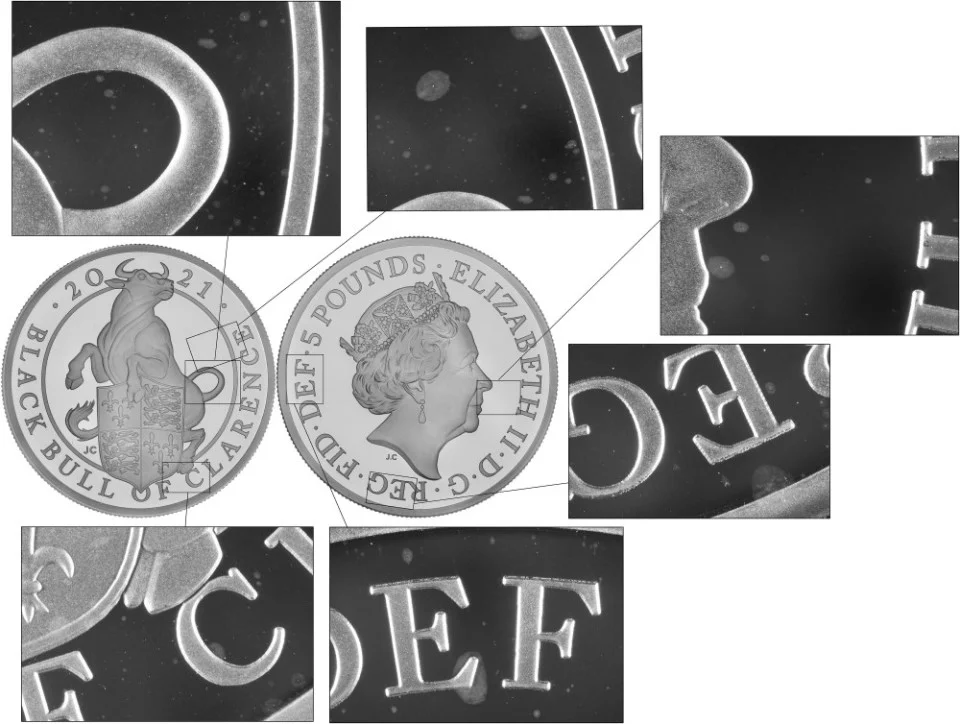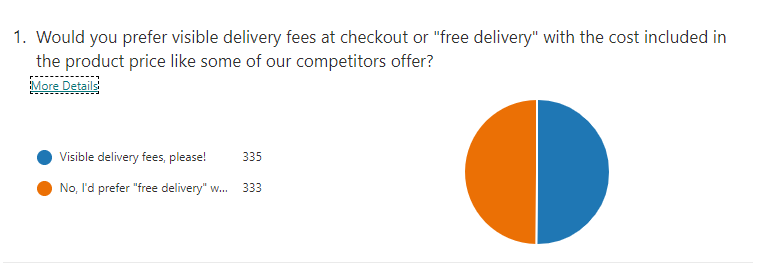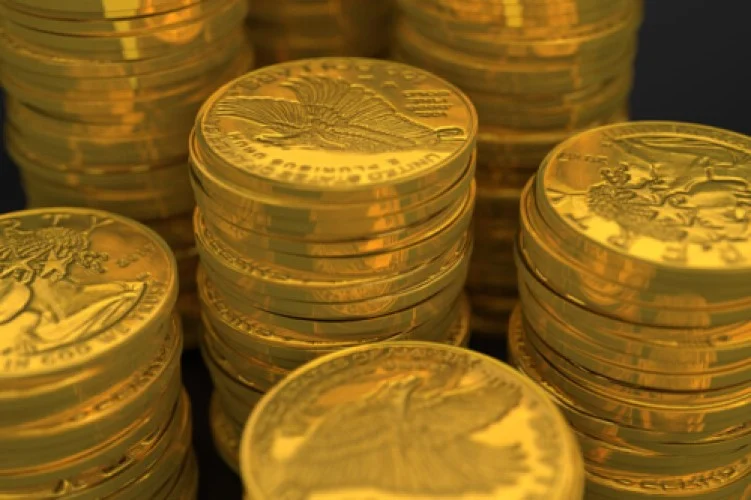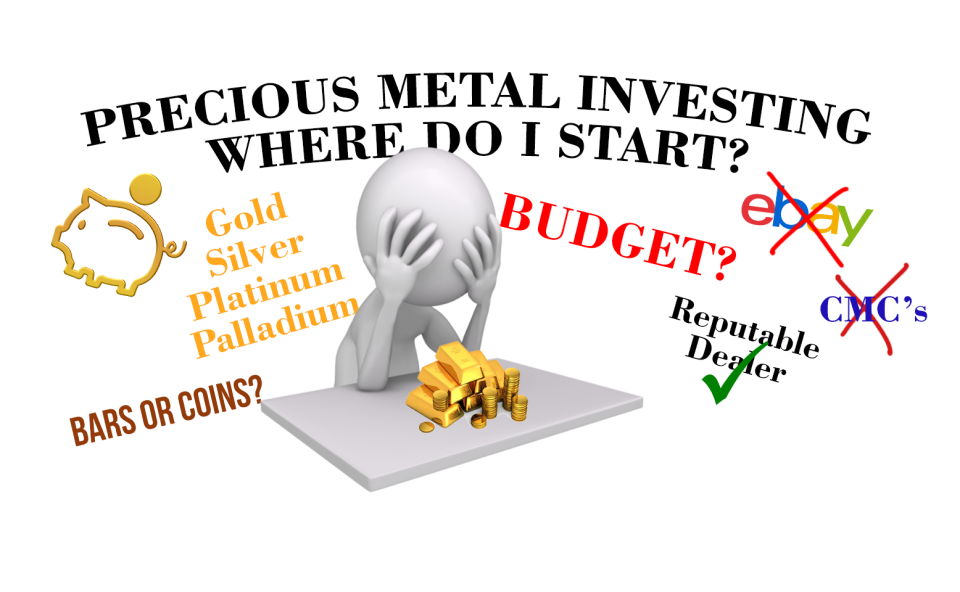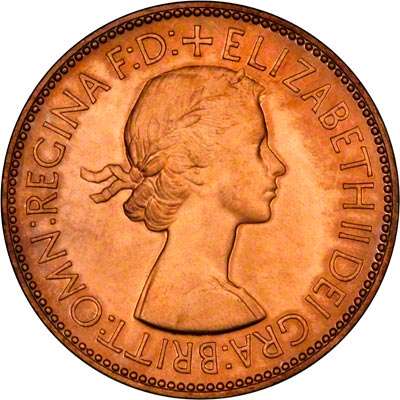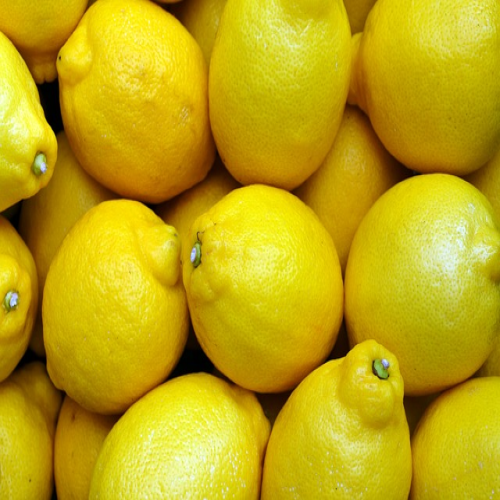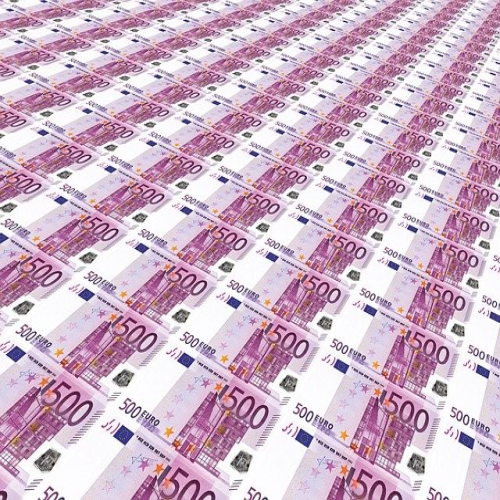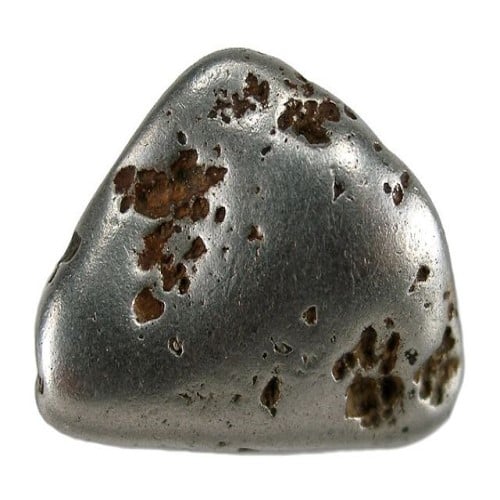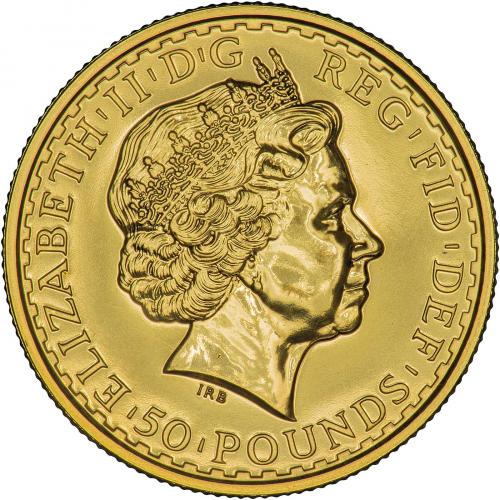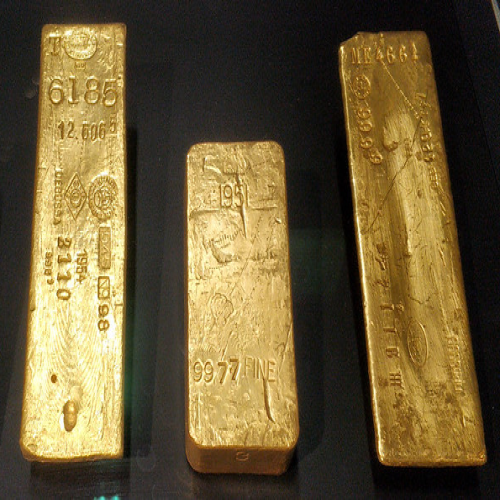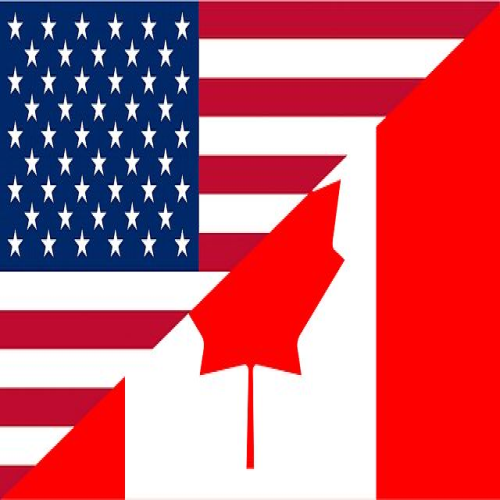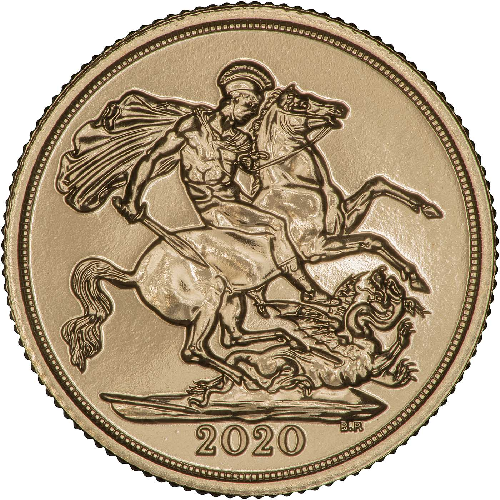What is Paper Gold? Gold Futures, Gold Options and CFDs
Synopsis
Gold is a great hedge against inflation and a means to preserve wealth. We are open advocates of physical gold ownership, though owning paper gold is better than holding all of your wealth in your bank account.
Gold is one of the few investment options that has no counter party risk. This makes it quite unique. Counter party risk is where an asset you own is, at the same time, someone else's liability. For example, bank accounts allow you to deposit money, which is then used by their investment branch and your deposits have become the bank's liability. Similarly, purchasing property often requires mortgages, bonds require corporations or governments to pay coupons and an ETF liability sits with the fund.
Regardless of which gold investment you choose simply being invested in gold offers you financial security.

Paper Gold
Paper gold is a derivative of physical gold, meaning it is its own entity but its value is tied to gold price. Paper gold is available to the investor in different ways:
- Unallocated gold accounts (and in our opinion allocated gold accounts) - read more here.
- Exchange-traded funds (ETF's)
- Gold Futures
- Gold Options
- Contracts for difference (CFD's)
In order to best understand this, we will briefly discuss what a derivative is. The dictionary definition of a financial derivative is as follows:
An arrangement or product (such as a future, option, or warrant) whose value derives from and is dependent on the value of an underlying asset, such as a commodity, currency, or security.
In this case, the underlying asset is gold and when buying paper gold you end up the proud owner of a piece of paper that acts as a substitute for physical gold itself! This immediately causes us to become anxious as you have distanced yourself from an investment.
Less risky options include ETF's and gold accounts and we have already published pages about these:
Gold ETF's or Physical Gold Bullion?
These carry a reduced risk, in comparison to the speculative betting explained below, but they still fall short of the benefits of physical gold ownership.
Futures, options and CFD's are all speculative bets on the future gold price. They are regarded as risky investments and are generally reserved for the experienced investor. Depending on your contractual position, you either short or long which is betting on a lower price or higher price respectively.
- Gold futures are a contract between buyer and seller betting on the future price of gold. The contract is set to a fixed value and at the expiry of the contract the buyer has an obligation to purchase the gold, stocks or other commodities at the agreed price.
- Gold options are like future contracts but instead of an obligation to settle there is simply a right to do so. A second difference is an option often uses a "right to buy" value that a buyer has the option to trade at in the future, which is a bit like a threshold value. For example, if the right to buy value is say £1000, once the contract expires if gold is at or above this threshold you have the option to buy and even if it rises to £1200 you can still buy at the £1000 price tag. So, if you think prices are going to skyrocket you can make some hefty profits along the way. Options also provide a little more flexibility for the parties involved and can even allow the buyer to sell the contract on rather than going through with a purchase and settlement.
- CFD's are very similar to gold future contracts but instead settlements are made through cash payments rather than via gold or stocks, commodities etc.
Any investment choice carries with it risk and an uncertainty of future prices; beware of hype and prophecy. If your aim is to preserve wealth and if you are using gold as a safe haven, we don't believe paper gold is for you. You should consider physical gold ownership.
Physical Gold
In our opinion, physical gold ownership is the best way to own gold. You can see it, touch it, move it with you and trade it readily at any bullion dealer in the world. To add to this, you are not at the mercy of third parties remaining solvent and, compared to future contracts and options, you are certainly not taking on as much risk. The old saying "if you don't hold it, you don't own it" springs to mind. In the unlikely event of a catastrophic financial meltdown, unless you physically hold your own gold then it is likely your investment will go up in a puff of smoke.

Conclusion
The derivative market is a trillion-dollar business and we know many people make a fortune trading in it. Nevertheless, it is also immensely risky and played a large role in the financial crisis of 2008, where banks were selling mortgage liabilities in such a way that masked the risks of default. We don't recommend this type of investing and think it has a lot to answer for in the modern economy. As we are not using gold to make a quick profit, we do not partake in any gold futures or gold options trading. We own our gold to hedge against inflation, deal with currency fluctuations and stand clear of global geo-political turmoil. If this is the reason you are investing in gold, we highly recommend physical gold ownership.
Added to this, all paper gold has a counter party risk and this is a major reason we don’t own any. We do not like the idea of third-party liabilities affecting our investment and financial position. This could be our lack of trust for others but given the state of financial institutions can you blame us!
Related Blog Articles
This guide and its content is copyright of Chard (1964) Ltd - © Chard (1964) Ltd 2025. All rights reserved. Any redistribution or reproduction of part or all of the contents in any form is prohibited.
We are not financial advisers and we would always recommend that you consult with one prior to making any investment decision.
You can read more about copyright or our advice disclaimer on these links.


